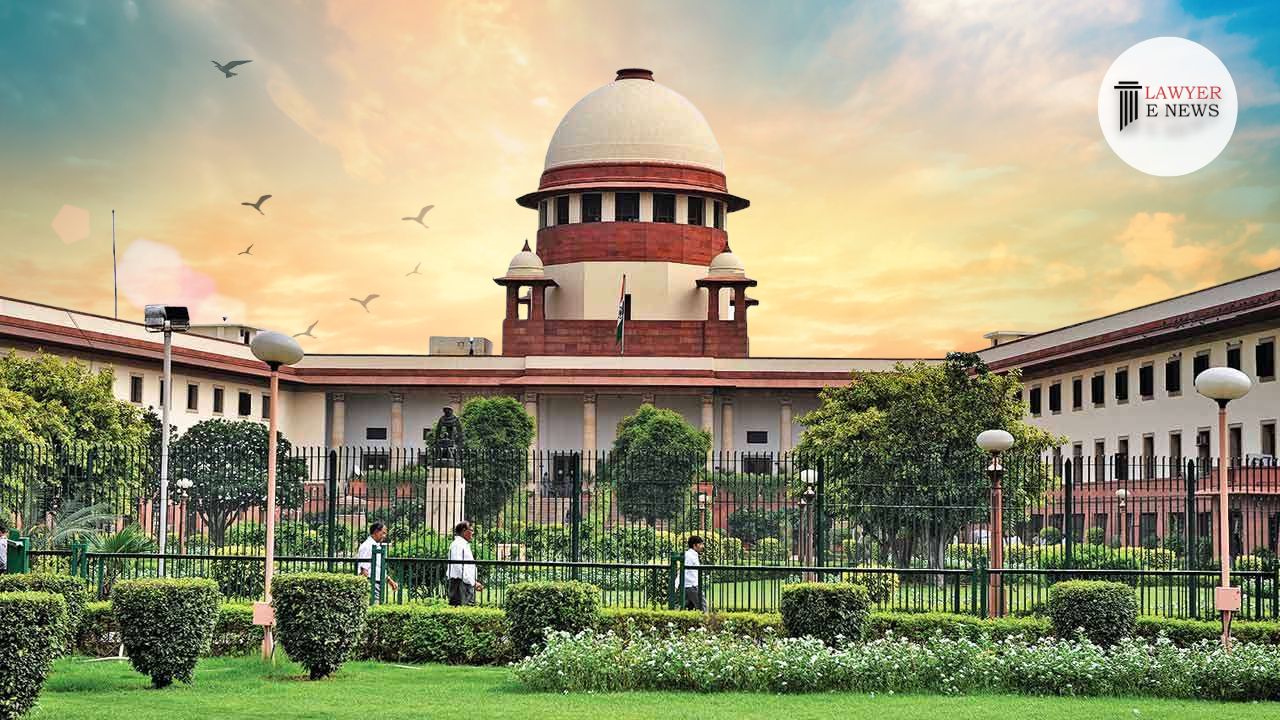-
by Admin
15 February 2026 5:35 AM



In a recent judgment, the Supreme Court of India has set a significant precedent by striking down a controversial minimum marks criterion imposed for admission under the sports quota in engineering courses. The judgment, delivered by a bench comprising Justices S. Ravindra Bhat and Aravind Kumar, emphasized that the criterion contradicts the very purpose of promoting sports and sportsmanship through the quota.
The appellant had challenged the imposition of a minimum 75% aggregate marks requirement for claiming admission under the 2% sports quota. The Punjab & Haryana High Court had earlier rejected the appellant’s writ petition, prompting the appeal before the Supreme Court.
Justice S. Ravindra Bhat, writing the judgment, observed, “The objective of introducing the sports quota, i.e., 2% of intake, was to promote and encourage those who excelled and gained a certain degree of prescribed proficiency and achievement in defined competitive sports. The introduction of this quota was to promote sports and sportsmanship in educational institutions. No doubt, the state acts within its rights to prescribe a certain minimum eligibility standard, but that is not to say such a condition would necessarily have to be the same as that applicable to general candidates. The imposition of the minimum 75% eligibility condition, therefore, does not subserve the object of introducing the sports quota but is, rather destructive of it; the criterion, in that sense, subverted the object and is discriminatory; it therefore falls afoul of the equality clause, in Article 14 of the Constitution.”
The judgment highlighted the importance of treating unequals differently and underscored that a uniform eligibility criterion could lead to the exclusion of meritorious sportspersons. The court pointed out that the state has lowered the eligibility criterion for candidates falling under vertical classification, making the dissimilarity in treatment evident and discriminatory.
As a result of the judgment, the remaining vacant sports quota seat(s) will now be filled based on the standards specified in the sports policy of the UT of Chandigarh. The court directed that candidates who were rejected due to the 75% marks criterion should have qualified according to the preceding academic year’s criterion for the balance sports quota seat(s). However, previously admitted candidates will not be affected by the judgment.
This landmark judgment is expected to have a significant impact on admission processes under sports quotas across educational institutions, emphasizing the need to align eligibility criteria with the objectives of promoting sports and sportsmanship rather than mirroring academic merit.
D.D-9.08.2023
DEV GUPTA vs PEC UNIVERSITY OF TECHNOLOGY & ORS.
